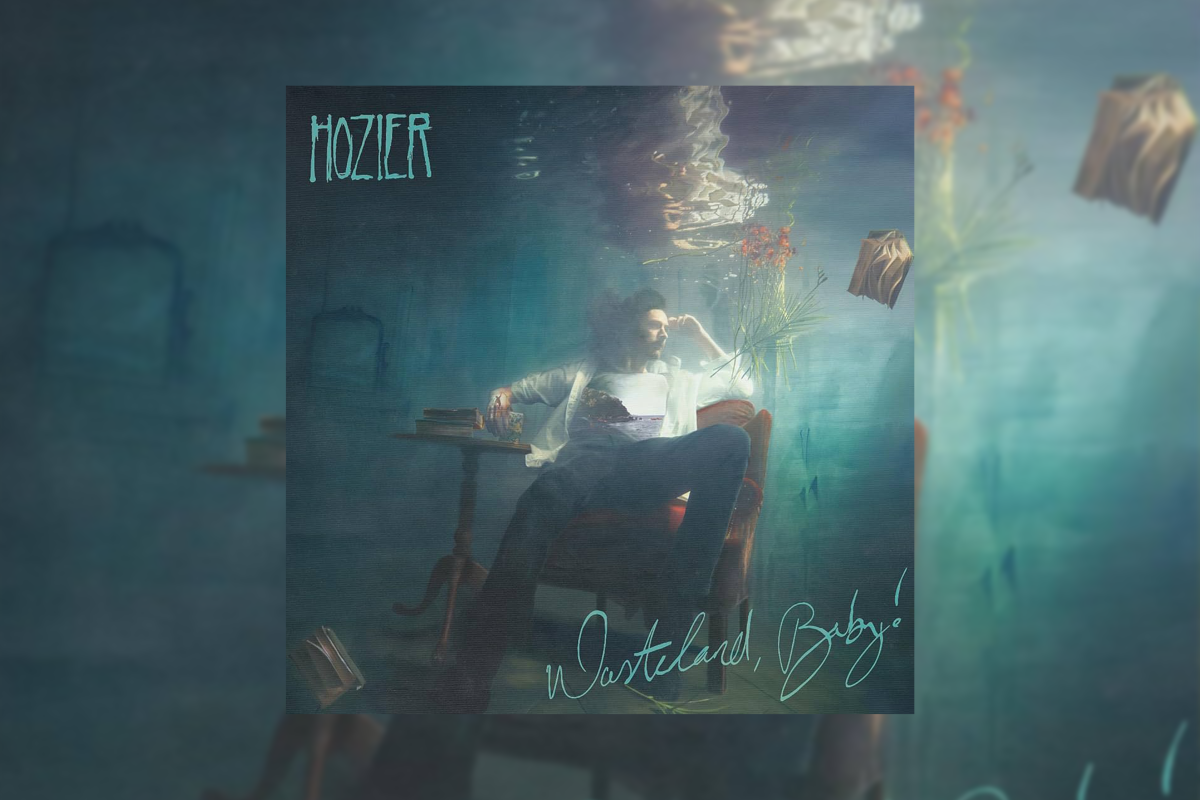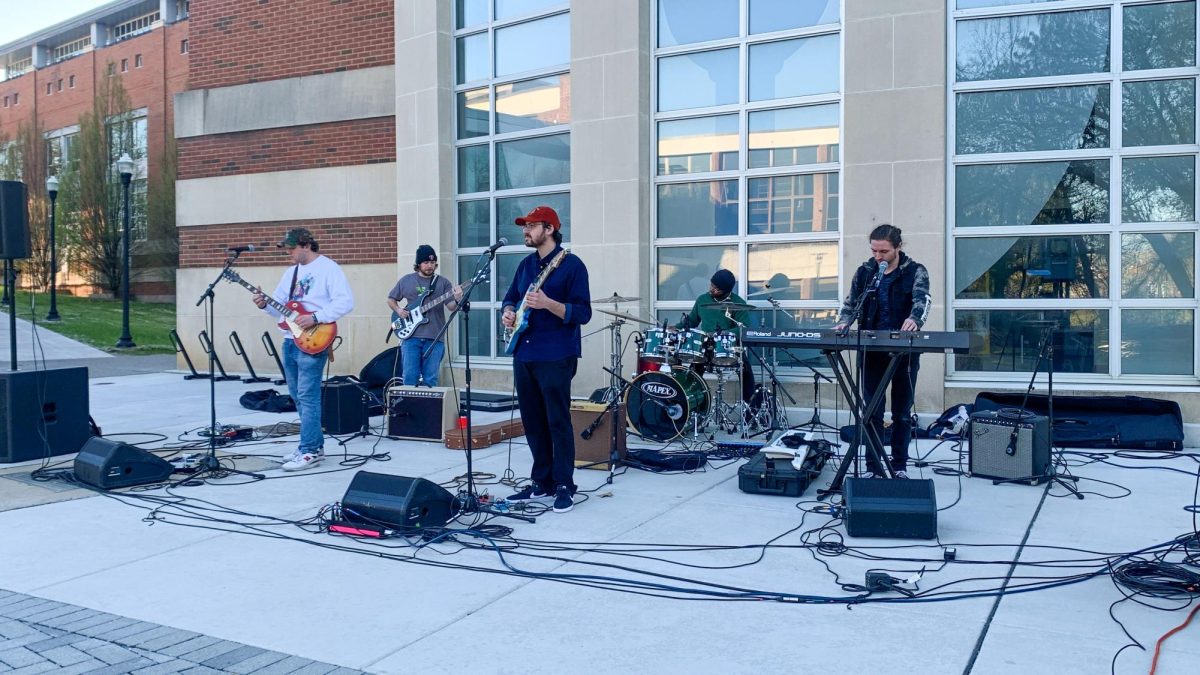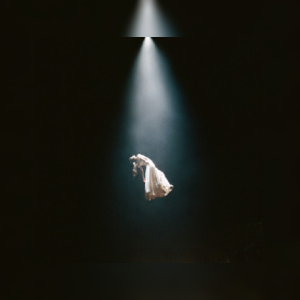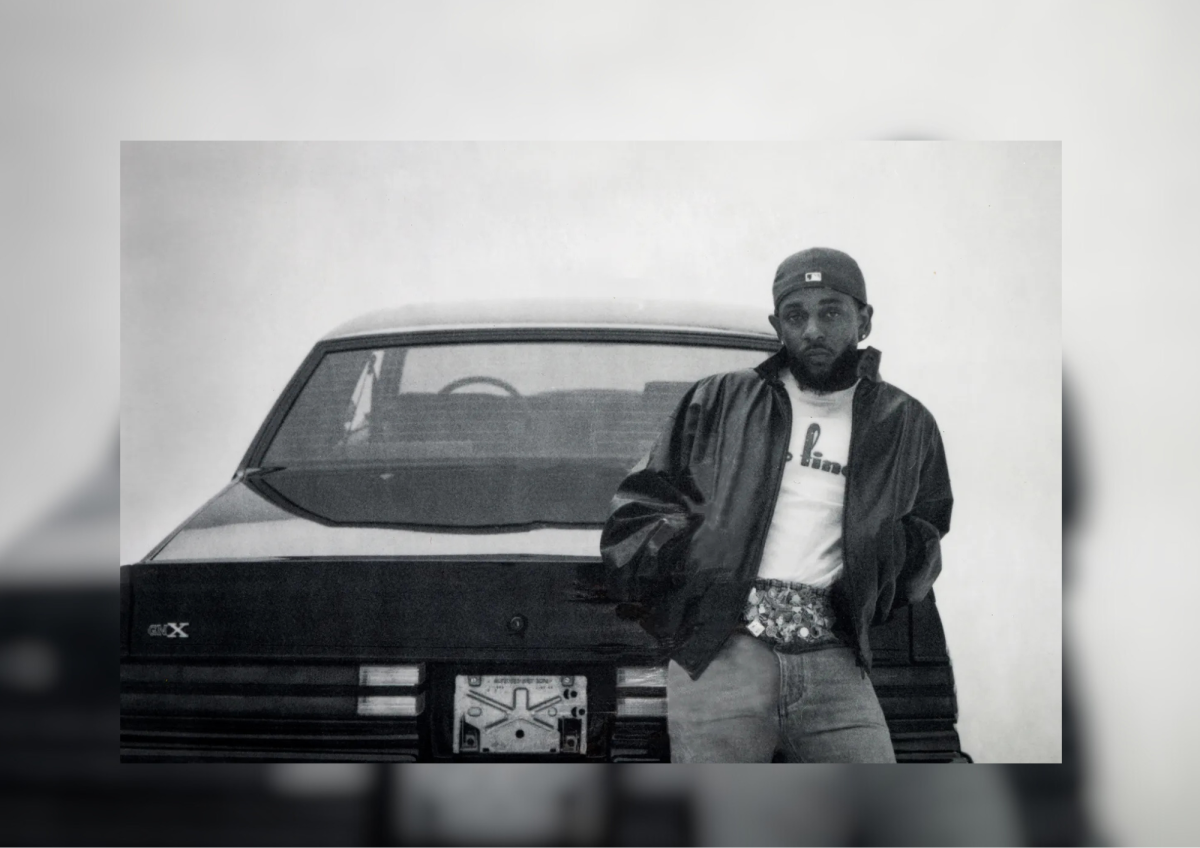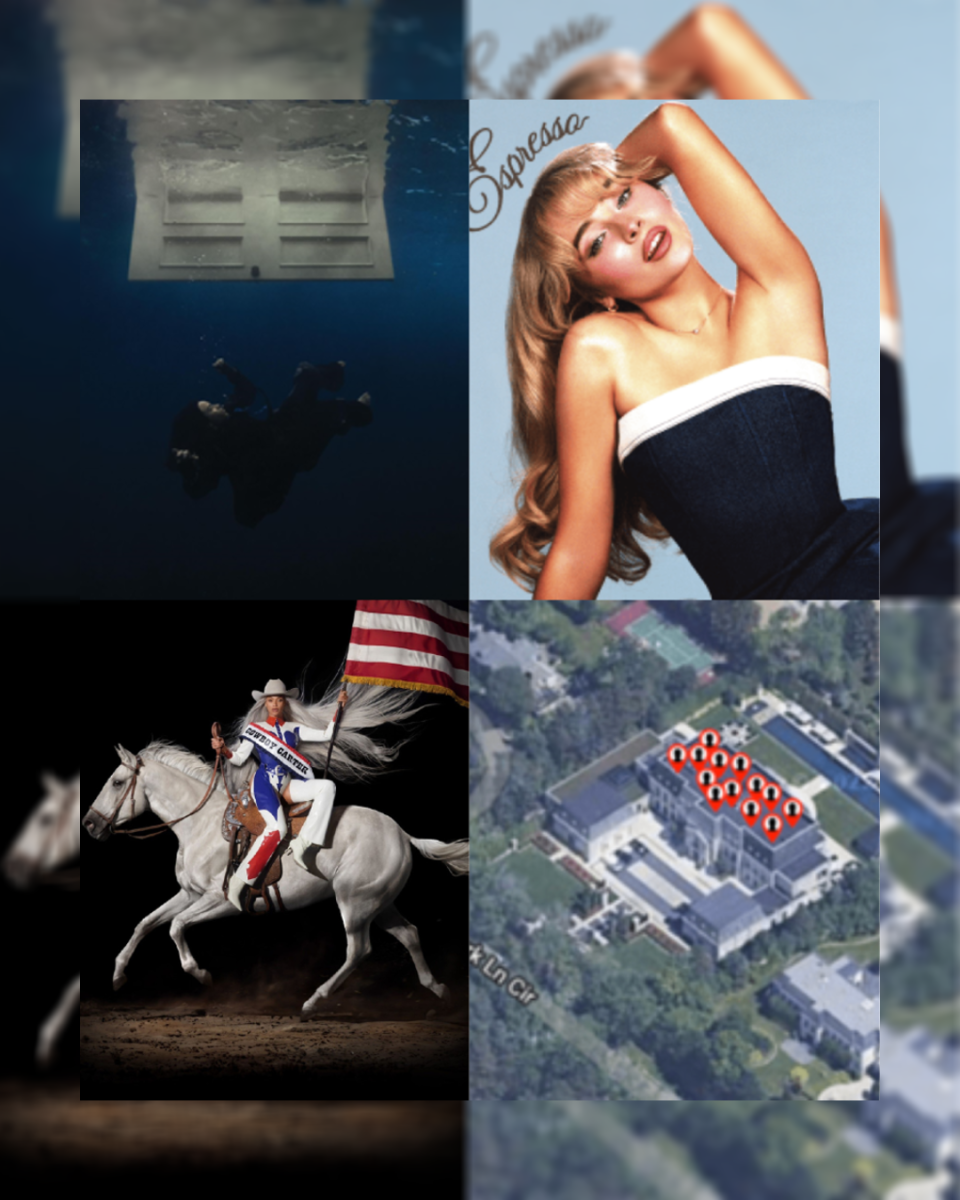In 2014, Hozier was inescapable, and for good reason. His hits, which included “Take Me To Church,” “From Eden” and “Cherry Wine,” were easy on the ears, but refreshingly dark in their themes and subject matter when compared to many of the year’s other charting hits. With the support of these singles, Hozier’s eponymous debut album reached number two on the Billboard 200 of the year. After reaching international stardom, Hozier virtually disappeared, leaving fans desperately famished for new music. That hunger is now satiated with the releases of 2018’s “Nina Cried Power” EP, and his sophomore LP, “Wasteland, Baby!”
“Wasteland, Baby!” sees Hozier expanding on his folk and blues rock sound, slightly moving away from the more intimate feel of his debut in exchange for more grandiose compositions. Despite this adjustment, Hozier doesn’t buckle under his ambition. The opening track, “Nina Cried Power,” is a heavy-hitter of an introduction thanks to the robust background choir. Hozier and a featured guest Mavis Staples merge with the choir to form a vocal powerhouse that dares to be rivaled.
Two tracks later are the single “Movement,” which cements Hozier as one of the most talented vocalists in popular music today, if there was any doubt before. His performance shows off his excellent control, and once again, his raw power. There is very little instrumentation, with only drums, an organ, and a piano supporting Hozier and his background vocals, but he makes it feel magnificent. It also helps that the melody is irresistible. The verses are enticing, but if they fail to capture your attention, the choruses pull you in with a firm grasp of the waist.
After the bluesy “No Plan” and “Nobody,” the record shows its first sign of trouble with “To Noise Making (Sing).” It’s a nothing song, with vapid lyrics and an irritating chorus. The second song that shared these characteristics was “Sunlight.” These songs are unfortunately placed and kill the pacing. Thankfully, these slumps are quickly redeemed.
After “To Noise Making (Sing)” is the sinister “As It Was” and “Shrike.” The latter is the other track off of the “Nina Cried Power” EP present on the record. Hozier’s finger-picked guitar work on this song is touching, and the lyrics are gorgeous, yet despondent. The song deals with the frustration prevalent after the crumbling of a past relationship. A personal favorite line is “Words hung above/ But never would form/ Like a cry at the final breath that is drawn/ Remember me, love/ When I’m reborn/ As a shrike to your sharp and glorious thorn.” This small moment is easily one of the album’s highlights.
The following tracks are “Talk” and “Be,” which both contain some groovy guitar work from Hozier. “Dinner and Diatribes” is home to some of the album’s best storytelling and rewards the listener for digging into the playful and pleading undertones of the lyrics, with lines like “Your friends are a fate that befell me/ Hell is the talking type.”
After the album’s second slump with “Sunlight” comes the record’s closer and title track, “Wasteland, Baby!” In a recent interview with NPR, Hozier described the album as “a squeeze of the hand” and nowhere is that more apparent than in this final song. The shaky effect on Hozier’s vocals and the echoing guitars give the song an underwater feel, fitting well with the album artwork. In an often tumultuous world, and even music scene, this song is a comfort.
Hozier’s lyrics paint this wasteland not as desolate ruins, but as a temporary bout of tension that shouldn’t and won’t be of any consequence to us, urging us “Be still, my indelible friend/ You are unbreaking.” He also assures us, softly singing “Happily, I’m unfazed here, too.” Hozier leaves us by whispering “that’s it” and then softly chuckling, the vocal effect reverberating for a second, while we gaze up at the light rays breaking the surface of the water in complete repose.
For questions/comments about this story, email [email protected] or tweet @TheWhitOnline.

























































































































































!["Working with [Dr. Lynch] is always a learning experience for me. She is a treasure,” said Thomas. - Staff Writer / Kacie Scibilia](https://thewhitonline.com/wp-content/uploads/2025/04/choir-1-1200x694.jpg)









































